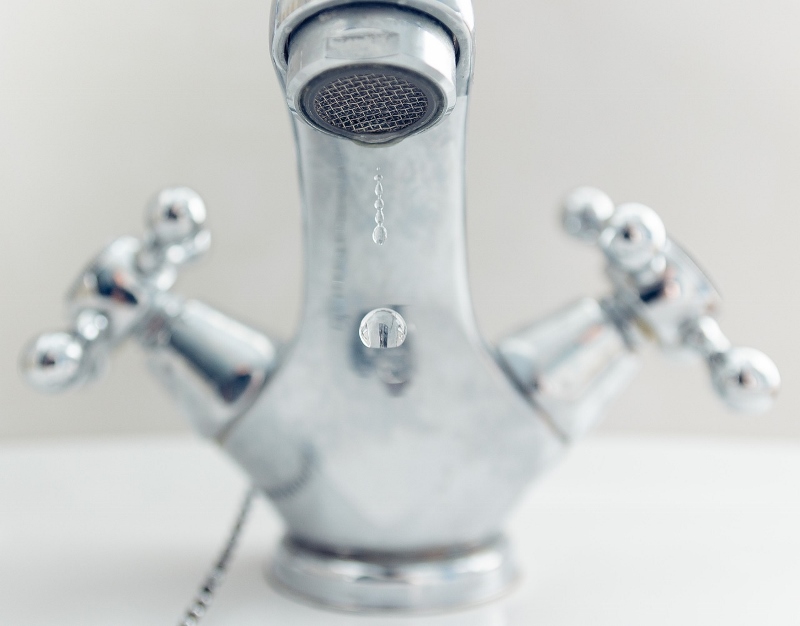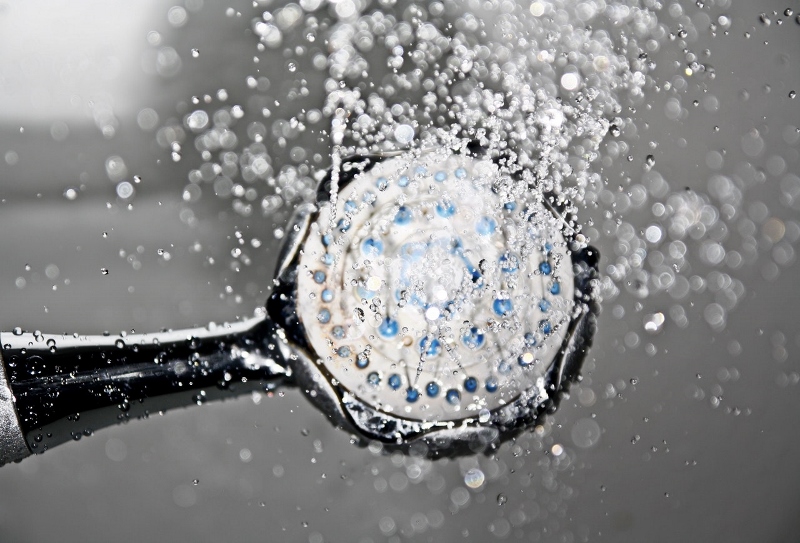What Is Water Softening, and Do You Need a Water Softener?

When homeowners are selecting a new sink or faucet, one accessory that may be needed to protect the new investment is a water softener. Many people are unaware of what a water softener does. Despite being relatively unknown in comparison to water filtering, water softening provides benefits for many homeowners, whether they live in rural or urban areas.
Water Softening
Before we describe water softeners, we need to identify what water softening is, and the difference between soft water and hard water.
What Is Water Softening?
Water softening is the process of removing and extracting dissolved minerals from hard water. Water quality is relative to your location, but sometimes minerals do get through water treatment plants and into tap water. Groundwater dissolves rocks like limestone, or metals, like iron, and the remnants travel within the water until they reach homes. These remnants, as well as elements such as calcium and magnesium, the most common minerals found in water, are what makes water “hard.”
Those dissolved minerals cause scaly build-ups on kitchen and bathroom fixtures and products. Dishes, pipes, even washing machines and water heaters can become damaged by hard water. Hard water can cause soap scum buildup, and can clog and corrode plumbing. While hard water can cause annoying effects on hair and skin, fixtures, appliances, and products can suffer expensive damage.
How Do Water Softeners Work?
Water softeners remove those hard minerals from the water, replacing them with small amounts of sodium. The process by which water softeners remove hard minerals is called ion exchange.
Ions are atoms or molecules with either a positive or negative charge. Calcium, magnesium, and iron all have positive charges. Sodium also has a weaker positive charge, allowing for the exchange. The objects actively exchanging these ions are resin beads, which have a negative charge.
The beads start by holding on to the weaker charged sodium ions. As hard water passes through a water softener tank, the resin acts as a magnet and pulls the stronger charged ions. Due to the higher positive charge, the hard mineral knocks the sodium off the beads and stays trapped inside the water softener tank. The resin eventually fills with those hard elements and must be cleaned.
Why You Need a Water Softener

Whether you obtain your water from a well or get water from a city system, your home can benefit from having a water softener. The functionality and performance of your appliances and fixtures suffer from hard water build-up.
The lower performance impacts utility bills and costs. As mineral deposits build up in pipes, the system needs to work harder to push water through. Hard water reduces the energy efficiency, which leads to higher utility costs. Hard deposits of minerals can sometimes become dislodged and cause systems to fail.
Hard water can also cause dry, itchy skin and hair, as well as faded or gray clothes. Stains on sinks and bathtubs are another common effect of hard water.
Weinstein Kitchen & Bath Showroom Is Your Water Treatment Source
Weinstein Kitchen & Bath Showroom in Collegeville, Pennsylvania, is an excellent source for water testing and water softening and treatment systems. With a mission to provide pure and treated water, our plumbing supply store offers the Philadelphia and surrounding communities top-of-the-line water softener systems that give you the most value for your money. We also provide free water testing. Our experienced, passionate team strives to personalize your experience by helping you make decisions that best fit your family’s needs. Contact us today to learn what we can do to improve your home’s plumbing.